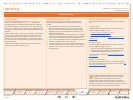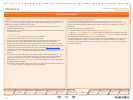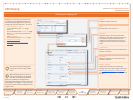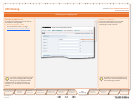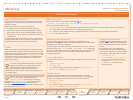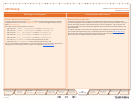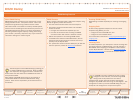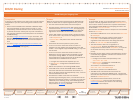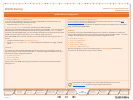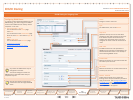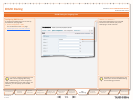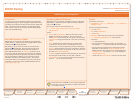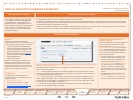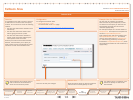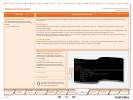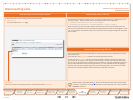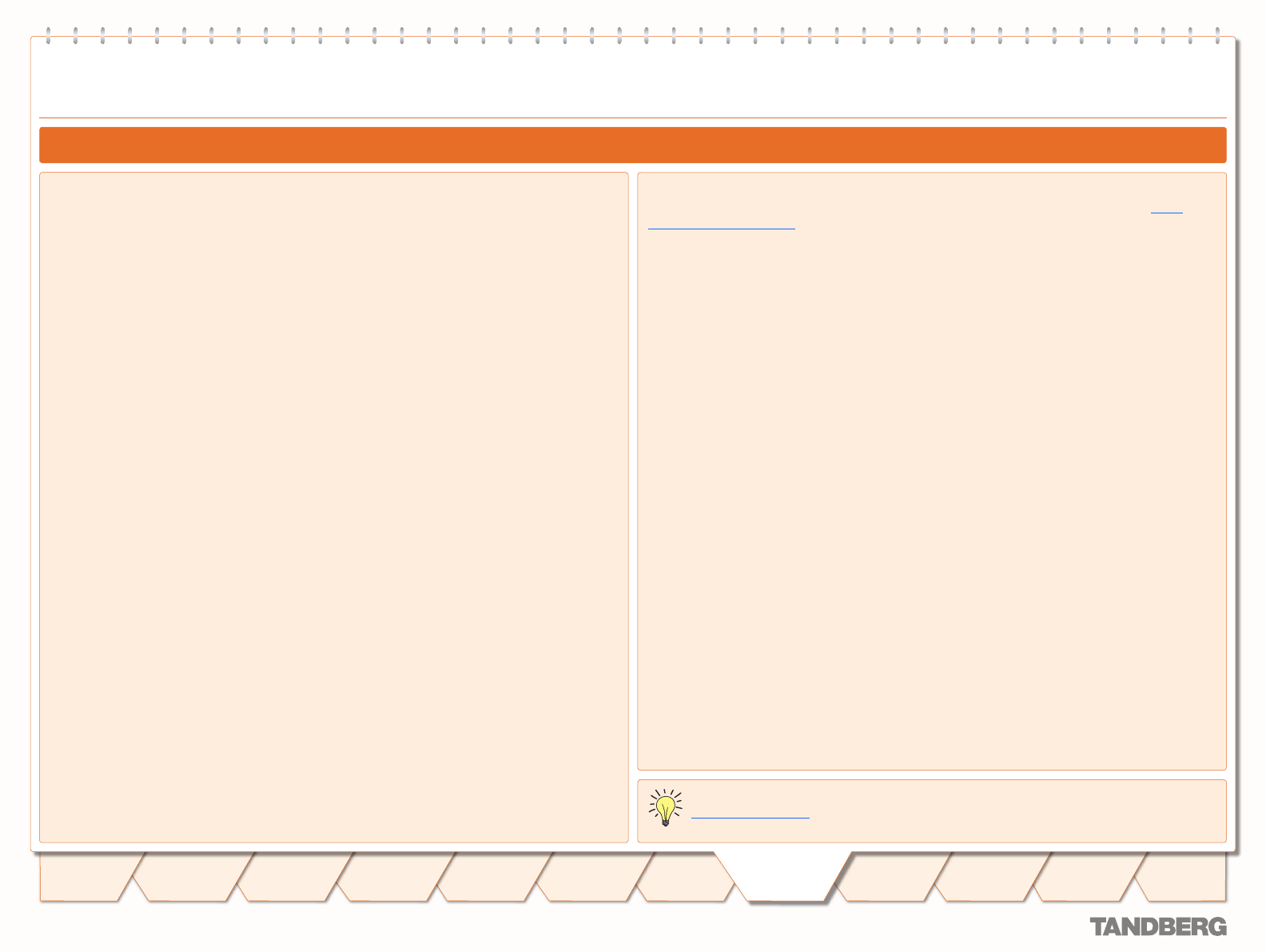
D 14049.01
07.2007
89
TANDBERG VIDEO COMMUNICATION SERVER
ADMINISTRATOR GUIDE
Text goes here
Introduction
Getting
Started
System
Overview
System
Configuration
H.323 & SIP
Configuration
Registration
Control
Zones and
Neighbors
Call
Processing
Firewall
Traversal
Bandwidth
Control
Maintenance
Appendices
TANDBERG
ADMINISTRATOR GUIDE
TANDBERG VIDEO COMMUNICATION SERVER
ADMINISTRATOR GUIDE
Call
Processing
ENUM Dialing
ENUM Dialing for Outgoing Calls
Configuring Matches for ENUM Zones
If you wish locally registered endpoints to be able to make ENUM calls via the VCS, then at a
minimum you should configure an ENUM zone with:
a match that has a Mode of AlwaysMatch
a DNS suffix of e164.arpa (the domain specified by the ENUM standard).
This will result in DNS always being queried for all aliases, not just ENUMs. It will also mean that
ENUM dialing will only be successful if the enterprise being dialed uses the e164.arpa domain.
To ensure successful ENUM dialing, you must configure an ENUM zone for each domain that holds
NAPTR records for endpoints that callers in your enterprise might wish to dial.
Once these ENUM zones have been created, you can filter the queries that are sent to each as
follows:
configure a match that has a Mode of PatternMatch
use the Pattern string and Pattern type fields to define the aliases that will trigger an ENUM
lookup.
Example
For example, you want to enable ENUM dialing from your network to a remote office in the UK
where the endpoints’ E.164 numbers start with 44. You would configure an ENUM zone on your
VCS that has a Match configured as follows:
Mode of PatternMatch
Pattern string of 44
Pattern type of Prefix.
This will result in an ENUM query being sent to that zone only when someone dials a number
starting with 44.
•
•
•
•
•
•
•
Configuring Transforms for ENUM Zones
You can configure transforms for ENUM zones in the same way as any other zones (see Zone
Searches and Transforms for full information).
If there are any transforms configured for an ENUM zone, these will be applied prior to the number
being converted to an ENUM domain.
Example
For example, you want to enable ENUM dialing from your network to endpoints at a remote site
using a prefix of 8 followed by the last 4 digits of the remote endpoints’ E.164 number. You would
configure an ENUM zone on your VCS that has a Match configured as follows:
Mode of PatternMatch
Pattern string of 8(\d{4})
Pattern type of Regex
Pattern behavior of Replace
Replace string of 44123123(\1)
With this configuration, it will be the resulting string (i.e. 44123123xxxx) that will then be
converted into an ENUM domain and queried for via DNS.
•
•
•
•
•
To verify that you have configured your outward ENUM dialing correctly, use the
xCommand Locate command to try and resolve an E.164 alias.



